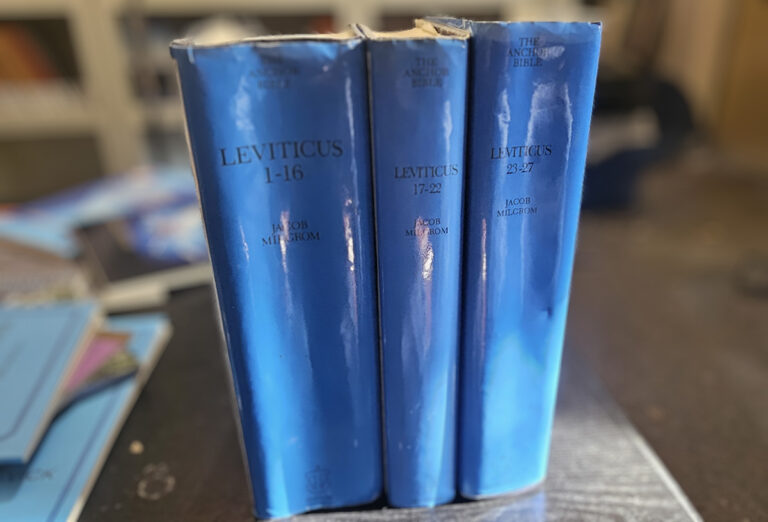Hearing the Christmas Voices

In today’s Christmas sermon our pastor told a story he’s told before, but with a slightly different slant, and that reminded me of a number of things I’ve been thinking about over the last couple of weeks.
Let me be clear that I’m not criticizing the pastor for telling the story with a different slant. In fact, I think that’s honoring the genre. Stories, like gems, are most beautiful when we look at different facets and under different light.
Let me draw in another thread here, or better, another story. Some years ago I was leading a Bible study group. The topic was somewhere in the book of Revelation, and as we went over some of the details and the options for interpretation, one of the participants exclaimed, “Why couldn’t God have just written it all clearly across the sky?!”
Precisely! Why not? It’s valuable to consider how it is that God communicates with us. We make assumptions, often based on what we want to know, but we have to ask if the communication is designed to provide us with the kind of data we want. That study group participant, for example, wanted a clear understanding of the future, which the symbols of Revelation were not providing. It might be valuable to ask whether those symbols are intended to provide that information.
Here’s another thread, another story, to draw into this discussion. I was reading Ezekiel 37 recently and came to verse 9. God speaks to Ezekiel and tells him to prophesy to the wind (breath, as it turns out) to come into the bodies which have been assembled and covered with flesh and skin. When Ezekiel speaks to the wind, the wind obeys and the bodies come to life.
It struck me that God is in the valley (omnipresence, yes, but we don’t always mention it), and is in command of the wind. Why tell Ezekiel to tell the wind? Of course, if you’re a Bible student at all, you’ve seen that principle in action many times. In fact, it occurs a couple of times before verse nine in this very chapter, but somehow it struck me at that point in this story.
God tends to accomplish things through people. Most importantly, God communicates with people through other people. Quite freqently, he does this in stories, and even in stories that come at the same thing from different angles. (Angels too!)
This isn’t what most of us would prefer. Given the choice, we’d like a single, definitive account of the nativity, a single, definitive, systematic theology, and a single, definitive code of conduct that would allow us to know what God wants at all times and in all places.
Speaking of which, the people in Jesus’ time wanted certain things and generally had certain ways they hoped those things would be accomplished. A new king, genuinely and provably from the line of David, equipped with a large (obviously victorious) army, resulting in independence from the Roman Empire. We present that list as though we feel that there was something wrong with them for wanting all those things. In reality, if you read the prophets and don’t assume the answer is “Jesus,” you’d likely get tbe same idea. And considering how we in America react to a bit of inconvenience in the political sphere, we’ be yelling even louder to get rid of the oppressors and looking even harder for a savior figure.
So we have the son of God showing up in a way that was quite contrary to expectations, and we have multiple stories. Think about it! Very few people got the word directly, and most of those who did were from unexpected places and professions. Astrologers figure it out in the stars, and Herod hears from them. Shepherds hear from the angels, and others hear from the shepherds.
We, in turn, hear from multiple witnesses that don’t really agree. I’m not calling the historical difficulties insuperable, but the amount of energy that goes into reconciling them is a testimony in itself to how different they are. The differences are challenging, and I think enlightnening.
We like to combine the stories so we hear about shepherds, wise men, a trip to Egypt, and other events all in one sequence. But the writers don’t combine all those elements. Mark and John can tell the story without birth narratives. That gets drawn into debates about historicity, but I would suggest it’s more important to hear the individual voices.
These are stories, and they are being told from a particular slant. They are threads in the broader story of the Christian faith — both the combined narratives and the individual ones.
And right here there is another warrant for telling stories with different slants, seen through different filters. Consider that our Christian narrative is drawing another narrative into itself. We draw in those prophecies of Isaiah and Zechariah, and we give them new meanings. (Matthew does a lot of this.)
In one sense, we’re borrowers of another story. In another, we’re writing a new conclusion to an existing story. In another, we’re immigrants, drawn into someone else’s story.
It’s easy to sit around and call other angles on the story “wrong,” and try to create the definitive story. But to each of us God says, “Prophesy to the wind” (Ezekiel 37:9), and “the wind blows where it wills” (John 3:8), both of which I cheerfully take out of context, and the story (stories) refuses to be contained or constrained.
Where will you find yourself in the story you’re creating with God in the coming year?

